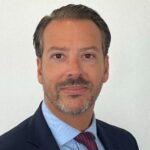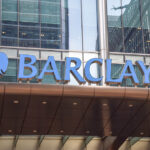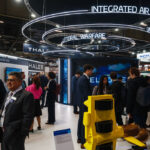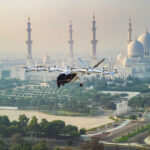Dubai’s Ahmed Bin Sulayem reaches out to Tel Aviv
Dubai free-trade zone chief woos Israeli businesses to set up operations in UAE hub for diamonds, coffee, crypto and e-gaming
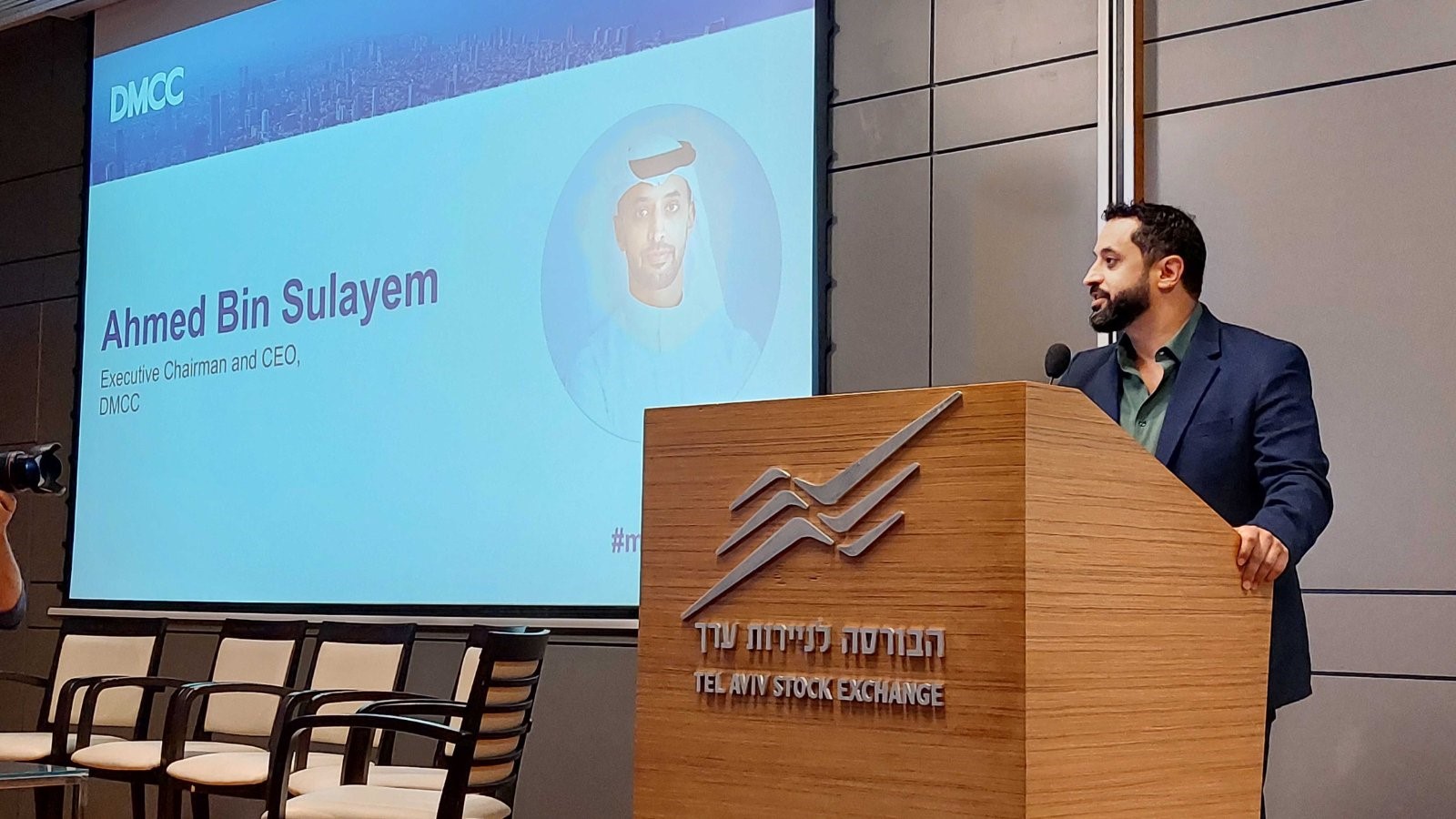
DMCC
Dubai Multi Commodities CEO Ahmed Bin Sulayem in Tel Aviv
Ahmed Bin Sulayem, who runs diamond, gold and coffee exchanges in Dubai, has a hard time sitting still.Courting business owners at a seminar in Tel Aviv last week, the 44-year-old CEO of the mammoth Dubai Multi-Commodities Centre repeatedly left...


